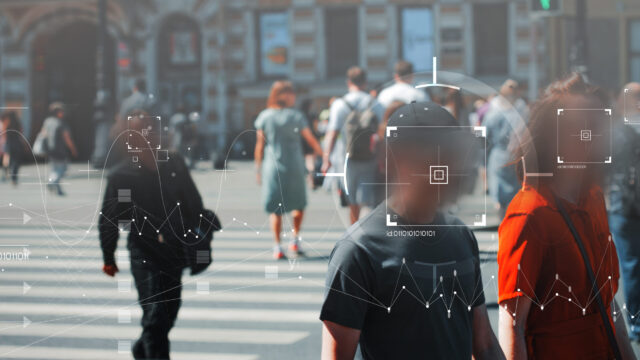Every time you step into a grocery store, you step into a machinery of data that tracks, analyzes, shares, and influences your shopping behavior. Based on shopping history and data shared from data brokers—including internet browsing history and online purchases—grocery stores may infer your age, gender, race, economic status, family makeup, health conditions, or other lifestyle characteristics. Grocery stores might categorize shoppers as “interested in fitness and not price sensitive” based on often buying organic foods and visiting gym websites or “expecting mother with a toddler” based on purchases of prenatal vitamins and searching online for toddler-sized clothing. Grocers build detailed profiles of consumers to nudge them towards shopping choices that increase their profits, whether through different prices or personalized discounts and offers—at the expense of the consumer. Even worse, grocery stores also sell data gleaned about you to other companies, further enriching their profits while undermining consumers’ privacy.



Unfortunately they own a bunch of shit so it’s not so easy to avoid for all areas
The Kroger Co. Family of Stores includes:
Thanks!
Yeah, but they’re not going to deploy expensive tech to low-end stores. Margins at places like that are so thin, I’d guess running this system would break the bank.